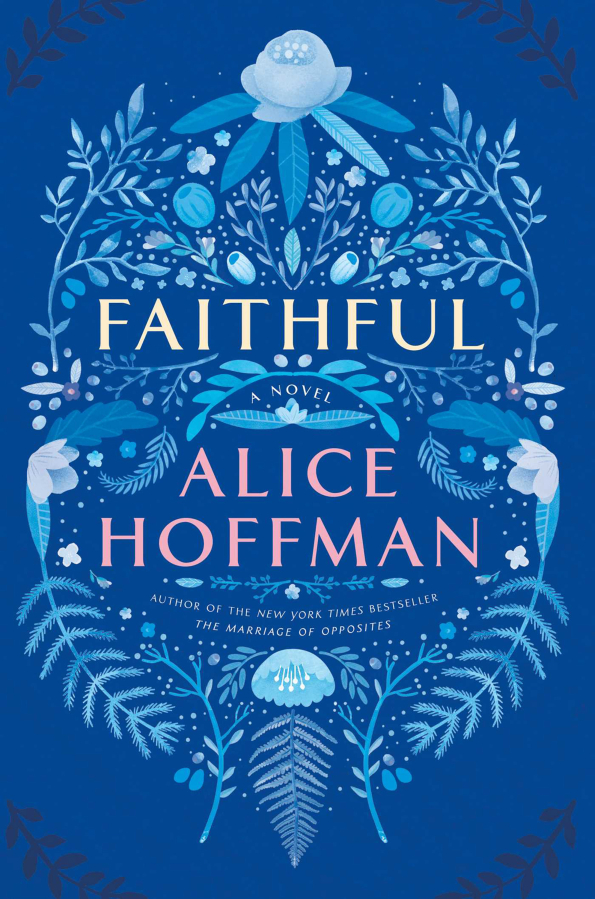Shelby is that girl in high school — the smart one who seems popular and happy when basking in the reflected glow of her best friend, with whom she has glided through life without a care.
It all changes in their senior year, when Shelby’s beautiful, bossy friend Helene bullies Shelby into driving to a boy’s house one cold, winter night. He wants to break up with Helene, and she wants to get revenge by throwing a brick through his window. Shelby loses control of the car on an icy Long Island road, and their lives are forever changed.
Shelby survives the wreck, but her will dissolves. “Nobody phoned. Nobody missed her. Rumors had begun in town. She was crazy. It was all her fault. Girls who had been friends with Helene and Shelby decided they had lost both friends. She was disappearing inch by inch, vanishing into thin air.”
Two years later, Helene is in a coma, and her family’s home has become a shrine. Roses magically appear on the dry stalks of the hedges in February. People who have been healed by being in Helene’s presence give testimonials. This unexplainable bit of magic is a signature element of the novelist Alice Hoffman, author of more than 30 fiction works. Only Shelby remembers that in life, Helene was no saint.
And Shelby thinks they both might as well be dead instead of living in a kind of hell on earth. Instead of graduating from high school and moving to NYU, Shelby has been to the local emergency room and spent three months at a psychiatric hospital. She has shaved her head and slit her wrists. She lives in her parents’ basement and eats only junk food. Her father is a distant figure even though they live under the same roof. Only her mother is truly loyal. Shelby smokes weed that she buys from a guy she barely knew in high school. No one could possibly blame Shelby for what happened to Helene as much as she blames herself.
Hoffman takes Shelby from Long Island to New York City, which are a long way from the early 1800s St. Thomas depicted in her previous book, “The Marriage of Opposites.” Despite the striking differences in era and geography, the themes are similar. They both feature Hoffman’s perfectly flawed and realistic female characters who seem destined, by fate or the limits of social convention, to make their lives beyond the borders of society.
Another magical touch in “Faithful” comes in the form of cryptic postcards to Shelby. “Say Something,” the first advises. Years later, the message: “Believe Something.” The postcards signal that someone besides her mother, or some force, cares that she has survived. Could the cards magically be coming from Helene? These touches are interesting, but Hoffman makes it clear that when it comes to truly recovering from the accident and rerouting her derailed life, Shelby must learn to save herself.
A couple of the plot turns come off as clich?d, particularly the violence Shelby suffers in the psychiatric hospital. Other turns are believable and drive home Hoffman’s themes of love, family, loyalty, loss and redemption.
Shelby finally makes a new friend, Maravelle, a single mother who cares for her three children on a tight budget from her a minimum-wage salary. When Shelby has to care for her friend’s wayward teenage daughter, Shelby wonders how Maravelle does it: “Why does anyone become someone’s mother?” And later she ruminates: “Is this what love does to you? Makes you accountable for things you can’t control?”
Hoffman demonstrates how a young woman’s strength and self-reliance grow over the years. She reminds readers who have experienced events powerful enough to break your spirit that, in time, the resulting cracks really are what let the light into a survivor’s soul.




